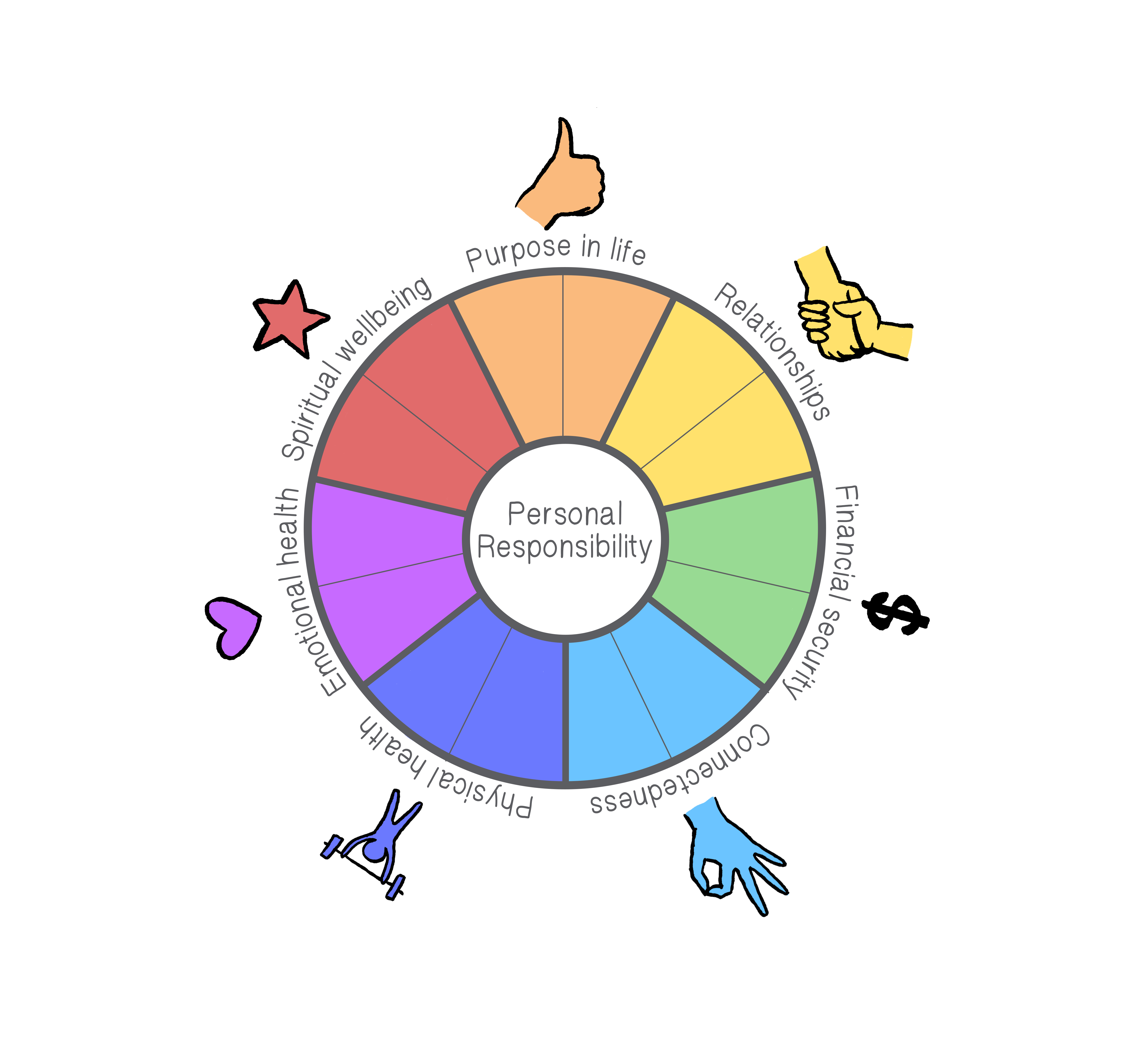I have never been overly comfortable with the notion of “work-life balance”. For a start isn’t work part of life and not something separate from life? It seems to be a phrase that often lead to the “demonisation” of work rather than the achievement of life balance. The solution being – If I didn’t work or work as hard all would be solved…
It is true that the boundaries between work and other aspects of our lives have become blurred, even more so with mobile devices, apps and the advent of social media.
I was at a recent seminar in Sydney where the presenter enthusiastically threw her support behind the new French legislation that requires companies with more than 50 workers to guarantee employees “a right to disconnect” from their emails outside office hours to reduce stress and improve their work life balance. This is fine but on the other hand we are also encouraging employers to adopt flexible working practices and to empower their employees to manage time and their productivity in ways that work for them.
Poet David Whyte suggests in his book The Three Marriages: Reimagining Work, Self and Relationship that “Work/life balance is a concept that has us simply lashing ourselves on the back.” And that what “we create [is] a collective exhaustion due to our inability to hold competing parts of ourselves together in a more integrated way.”
What we need are the structures, tools and skills to set boundaries, to negotiate the competing demands in our lives be it family, self, partners, health, work, community etc. and to manage the imbalances that can occur in our lives from time to time if we are to remain healthy in all aspects of our lives.
Maybe the challenge we face in seeking to live an integrated and satisfying life is maintaining a balance between all aspects of our lives. The goal being life balance, not work-life balance.
When writing my book DOING IT DIFFERENTLY – Life And Work After 50 one question that came up was, so if I am no longer working is the “work-life balance” problem solved? After all the “wheels of life” that are promulgated to help us reflect on the various components in our lives most often have work/vocation as one of the segments alongside physical health, emotional health, finances etc. But what about those who no longer work? To me these tools and frameworks are “work centric” and not at all helpful for people who were either retired or transitioning to retirement.

In a redrawn wheel I now place “Purpose in Life” in the segment previously occupied by work. There is a need at all life stages, whether we are in paid work or not to have a clear sense of purpose in our lives. It is the balancing and integration of purpose, relationships, financial security, social connectedness, our physical and emotional health and spiritual well-being that we need to be striving for at all life stages.
Many mature aged employees find as they face a future beyond work that it can be scary as they see their purpose in life disappearing. To help someone rediscover purpose and achieve life balance is the key to a satisfying future whether in work or not.